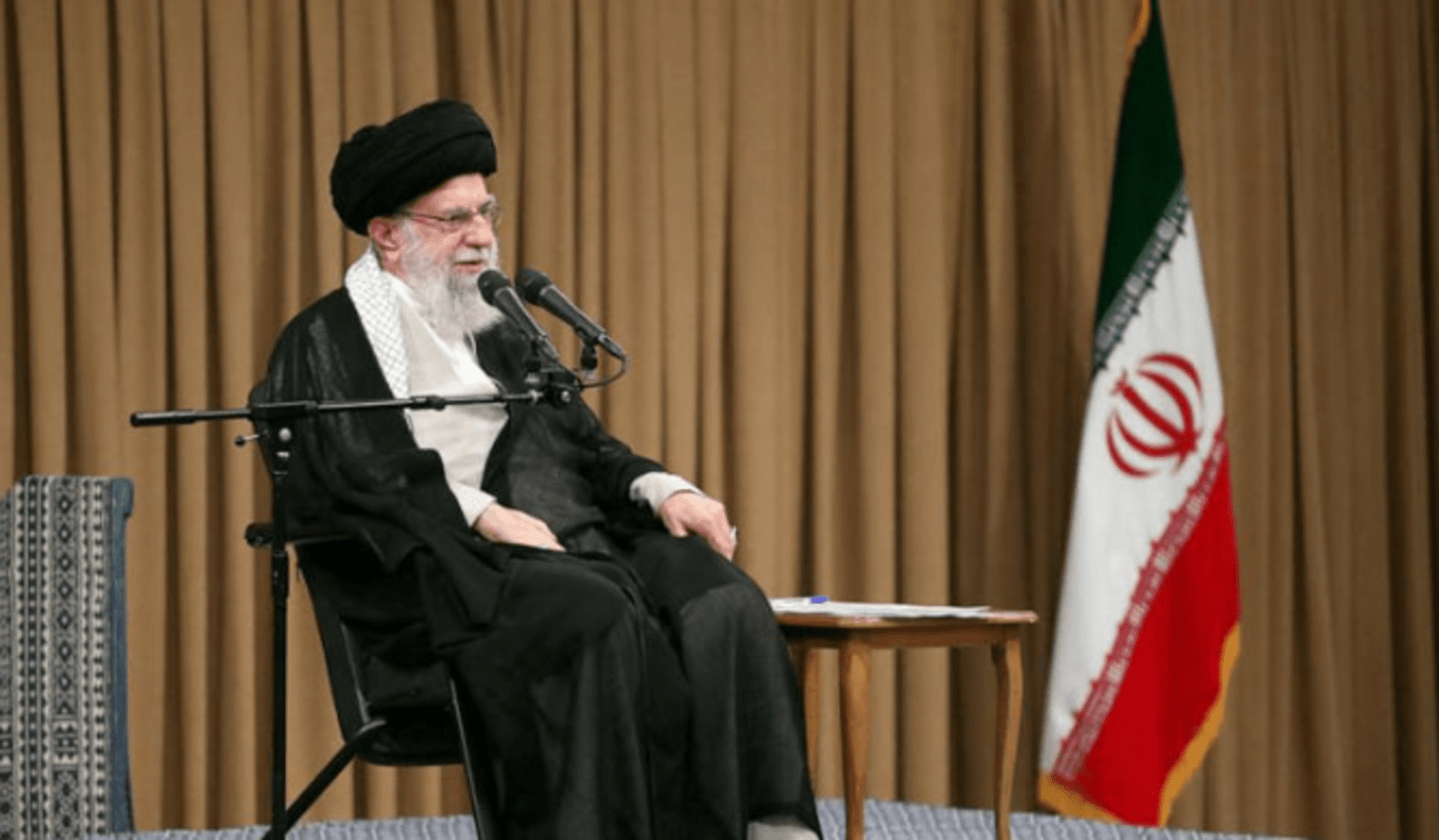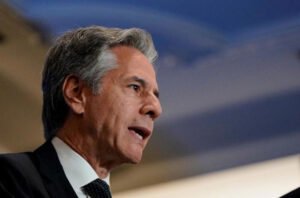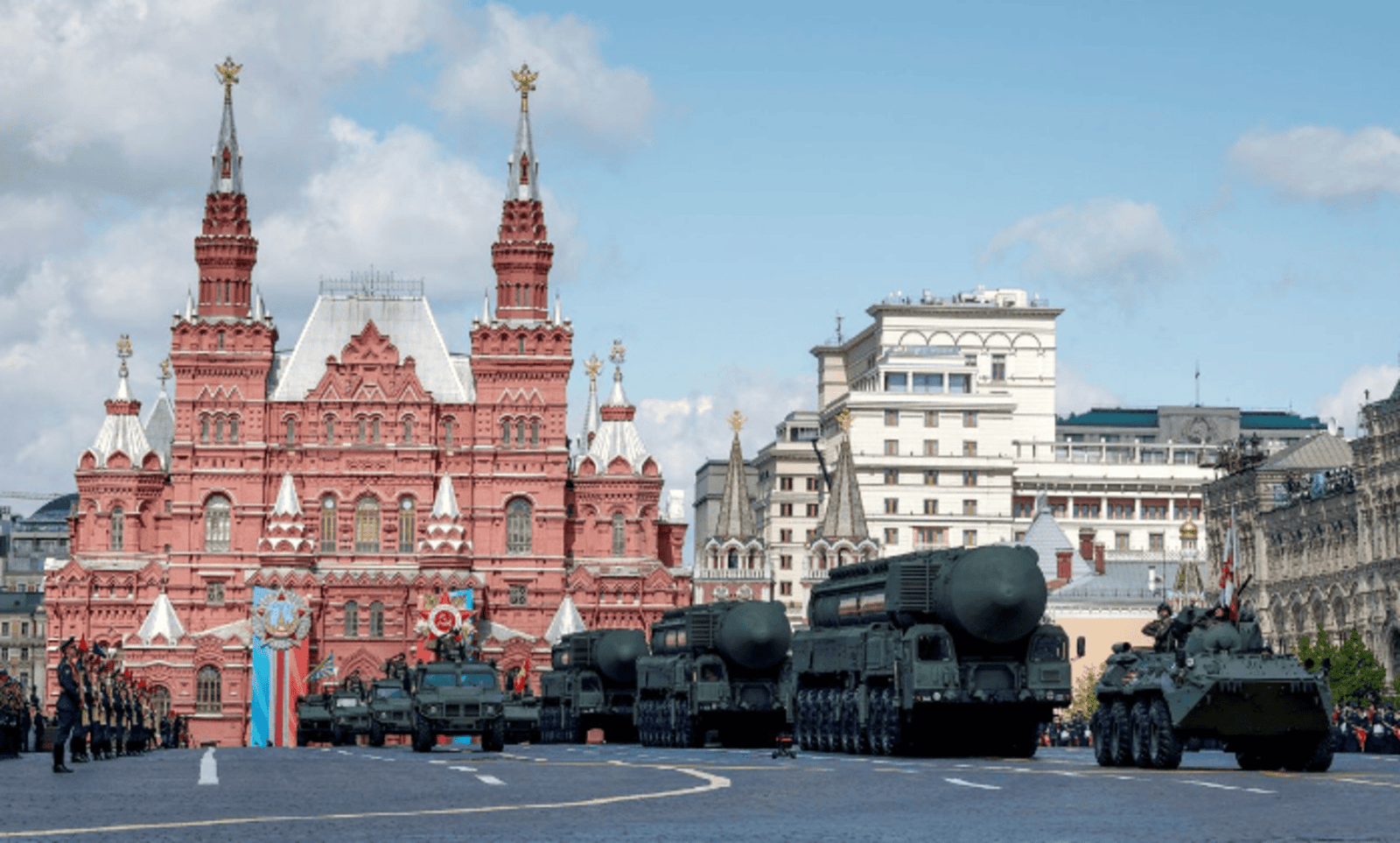
4 Keys to Peace in the Israel-Lebanon Conflict. Israel-Gaza-Lebanon Live Updates: A Diplomatic Path Amid Escalation
Latest Developments
As tensions escalate in the region, Secretary of State Antony Blinken emphasized the importance of diplomacy in addressing the conflict between Israel and Hezbollah. During an appearance on “Good Morning America,” he expressed concern over the situation in Lebanon and stressed the need to prevent a full-scale war. 4 Keys to Peace in the Israel-Lebanon Conflict
Blinken’s Statements on the Conflict
Blinken stated, “A full-scale Israel-Hezbollah war wouldn’t solve the problem.” He reiterated that the current conflict must be contained. The Secretary noted that Hezbollah has been conducting cross-border strikes against Israel since October 8. These actions have prompted evacuations in northern Israel, creating significant challenges for residents.
He also recognized the plight of civilians fleeing their homes in southern Lebanon due to Israeli retaliation. Blinken argued that diplomacy is the most effective way to resolve the tensions. His comments reflect a growing urgency to de-escalate the situation.

Latest Developments
Biden’s Diplomatic Efforts
In his speech to the United Nations General Assembly, he condemned Hezbollah’s “unprovoked” attacks on Israel. Biden expressed concern about the ongoing displacement of residents on both sides of the border.
Biden reaffirmed that a diplomatic solution is not only possible but necessary for lasting security. His administration is working tirelessly to achieve this goal. The emphasis on dialogue highlights a commitment to finding a peaceful resolution.
Khamenei’s Response
In a contrasting viewpoint, Iran’s Supreme Leader Ayatollah Ali Khamenei addressed the ongoing Israeli airstrikes in Lebanon. He claimed that Hezbollah would endure these attacks. Khamenei’s comments reflect Iran’s continued support for the militant group amid rising tensions.
His statements come as Israel intensifies its military actions. The Iranian leader’s assurance may embolden Hezbollah’s resolve.
The Human Cost of Conflict
As the situation deteriorates, the human cost becomes increasingly apparent. Families are being displaced, and communities are facing severe hardships. The impact on civilians is profound. Many residents find themselves caught in the crossfire, forced to leave their homes for safety.
The international community watches closely. There are concerns about the potential for a broader conflict that could destabilize the region. Humanitarian organizations are calling for immediate aid to those affected by the violence.
Importance of Containment
Containing the conflict is crucial. Blinken mentioned the need to avoid escalation into a full-scale war. Historical precedents show that such conflicts can spiral out of control, leading to catastrophic consequences.
Efforts to contain violence must focus on dialogue and cooperation. Engaging all parties in constructive conversations is vital. The stakes are high, and the potential fallout from a wider conflict could be disastrous.
International Reactions
The global response to the situation varies. Many nations are urging restraint and calling for an immediate ceasefire. The United Nations has reiterated the importance of protecting civilians and ensuring humanitarian access to affected areas.
Diplomatic initiatives are underway. Several countries are mediating discussions to de-escalate tensions. These efforts reflect a collective understanding that military solutions will not address the underlying issues.
The Role of Media
Reporting on the conflict often focuses on military actions, which can create a skewed understanding of the situation. While it is important to report facts, there is a need for balanced narratives that highlight humanitarian aspects.
Responsible journalism can contribute to a more comprehensive understanding of the crisis. It can help foster empathy for those affected by the violence. Highlighting personal stories can humanize the conflict and emphasize the need for peace.
The Path Forward
The path forward requires collaboration and commitment from all involved. Leaders must prioritize dialogue over aggression.
Efforts to rebuild trust between communities are crucial. The international community has a role to play in supporting these initiatives.
The path forward must focus on de-escalating tensions while addressing the root causes that have led to prolonged instability in the region. Engaging all parties in constructive dialogue is essential to fostering mutual understanding and cooperation.
One key aspect of this journey is building trust between conflicting parties. Trust can be cultivated through transparent communication and consistent actions that demonstrate a commitment to peace. This involves acknowledging grievances, listening to concerns, and finding common ground where possible. Initiatives aimed at reconciliation should be supported by both local leaders and the international community to ensure sustainable progress.
Humanitarian aid plays a crucial role in alleviating the immediate suffering of affected populations. Providing essential resources and support to those displaced by violence can help stabilize communities and create a sense of normalcy amid chaos. Organizations dedicated to humanitarian work should be granted unhindered access to assist those in need, fostering goodwill and cooperation.
Moreover, the international community must remain engaged and proactive in mediating discussions. Diplomats can facilitate negotiations that prioritize peaceful resolutions, encouraging all parties to come to the table. Additionally, leveraging regional partnerships can enhance the effectiveness of these efforts, as neighboring countries often have a vested interest in maintaining stability.
Educational and cultural exchanges can also pave the way for a brighter future.
Conclusion
The current situation in Israel, Gaza, and Lebanon underscores the urgent need for diplomacy. As tensions rise, it is clear that military solutions will not bring about lasting change. Secretary Blinken and President Biden’s emphasis on dialogue highlights a hopeful path forward.
However, the challenges remain daunting.As efforts to contain the situation continue, the focus must remain on finding a peaceful resolution that respects the rights and needs of all affected communities.








